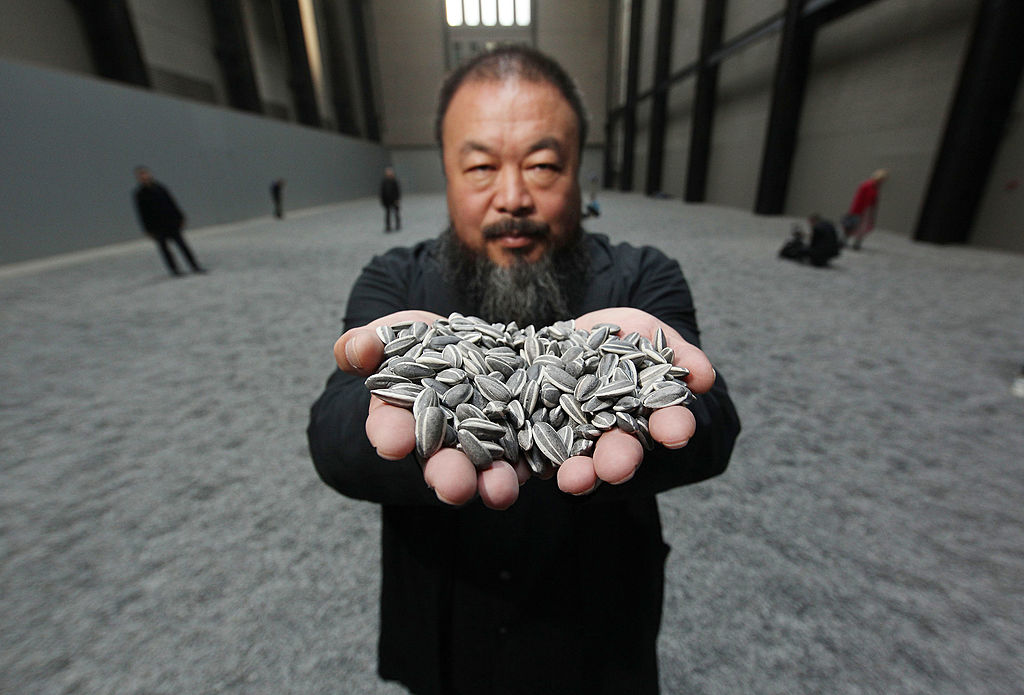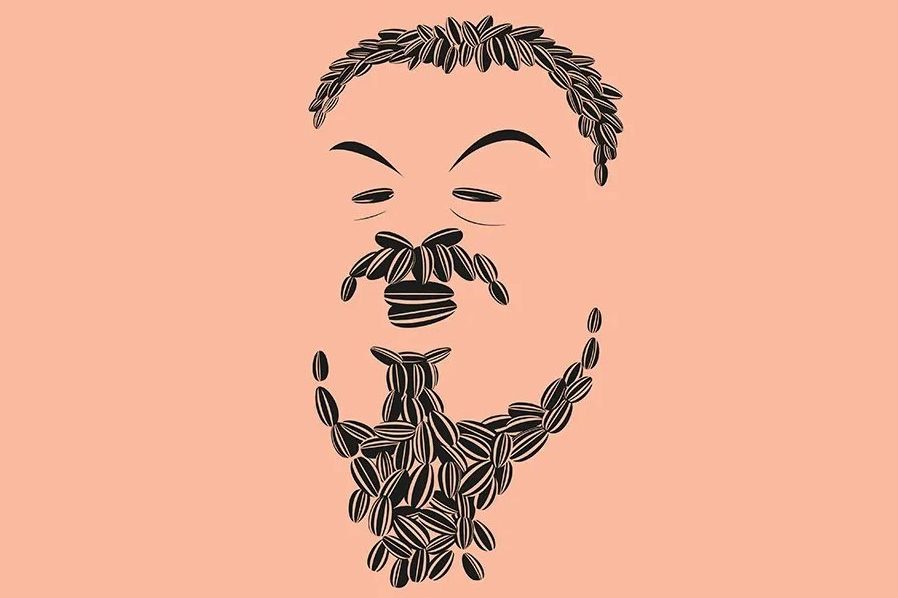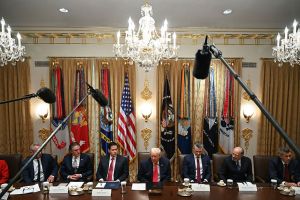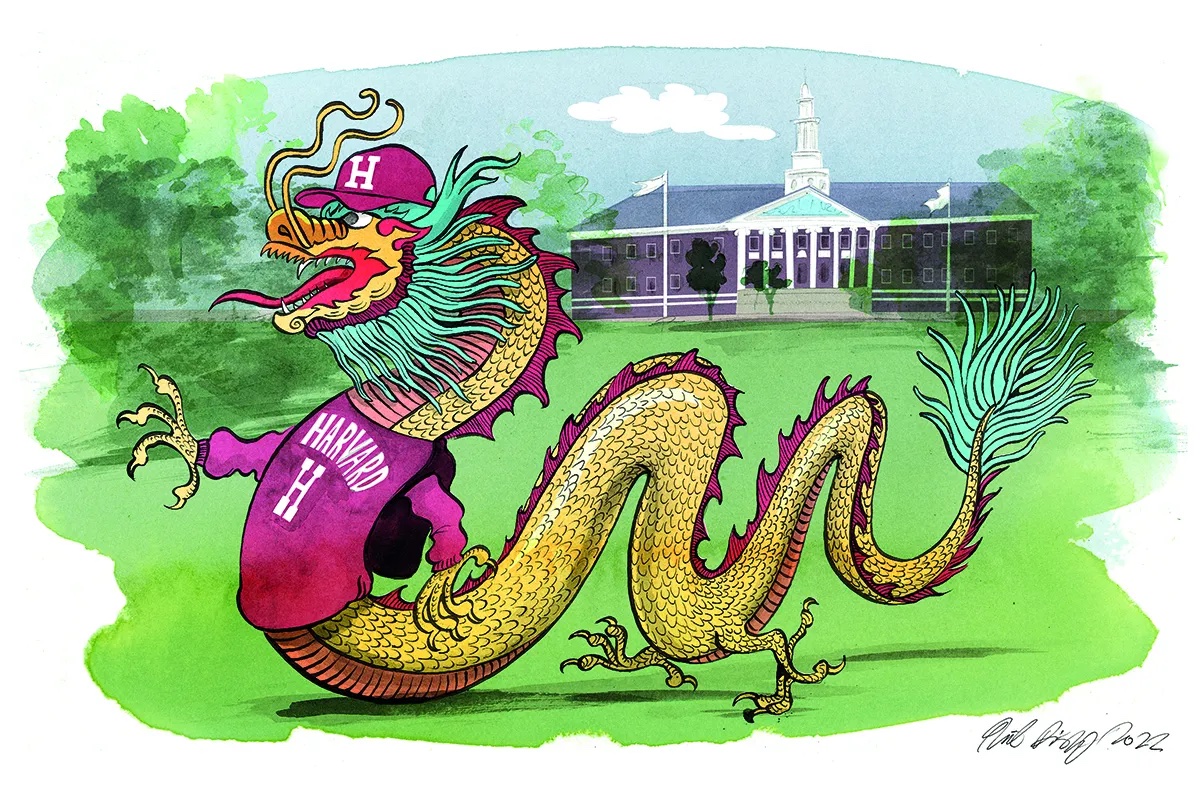This should have been a busy holiday period for the Chinese artist Ai Weiwei. His exhibition at London’s Lisson Gallery was due to open last month and others were planned in New York, Paris and Berlin. They have all now been canceled because Ai himself has been canceled — not by the Chinese Communist Party this time, but by the “free” West.
Weiwei had posted on X (formerly Twitter) his thoughts about the Israel-Hamas war. However, his comments appeared to more generally attack Jewish influence and power. He wrote: “The sense of guilt around the persecution of the Jewish people has been, at times, transferred to offset the Arab world. Financially, culturally, and in terms of media influence, the Jewish community has had a significant presence in the United States. The annual $3 billion aid package to Israel has, for decades, been touted as one of the most valuable investments the United States has ever made. This partnership is often described as one of shared destiny.”
Soon after Ai’s comment was posted, the Lisson Gallery released a statement: “There is no place for debate that can be characterized as antisemitic or Islamophobic at a time when all efforts should be on ending the tragic suffering in Israeli and Palestinian Territories, as well as in communities internationally.”
The gallery says the decision was mutual but Ai tells me this is not true. He says he simply received a notification from it and that the gallery never explained its rationale. He sees the cancellation as an attack on freedom of expression, for which he has been fighting all his life. “It mirrors an authoritarian culture, reminiscent of the Cultural Revolution in China and the tragic events in Germany decades ago, to put it more solemnly,” he said.
‘I often hear museums tell me the [Chinese] embassy called them to say you should not show this guy’s art’
I met Ai before the cancellation, at his new home in Montemor-o-Novo, around an hour’s drive from Lisbon. “It’s so simple — extremely simple,” he said of his life in Portugal. “It gives me the possibility to say goodbye to the very extreme, intense life.” Looking back, I realize he spoke too soon.
He showed me his new studio rising from the fields, a near replica of his old Shanghai facility, which was demolished by the Chinese authorities. He thought it might make a good store for thirty tons of buttons he obtained from a Croydon button factory, and which had been destined for landfill. “I have this sort of romantic thinking about buttons,” he said, showing me the screensaver on his mobile phone, a black-and-white photo of a dark hole in the earth. For five years, this dugout was home for him and his father, a renowned poet condemned as an enemy of the state and exiled to China’s far west. “If we lost a button, we couldn’t replace one. We were so poor. So that was always on my mind.” He has no real plan for the buttons, not yet. “Honestly, I never have a real plan. Fortunately or unfortunately there’s always something that leads my curiosity.”
The Lisson Gallery show would have been a chance to indulge his love of Lego. His plan was to recreate some of his older works in Lego blocks, together with such recent images as the explosion that ruptured the Nord Stream gas pipeline, the giant spy balloon shot down over the US coastline and the last American soldier to leave Afghanistan. “I think it’s very convenient to use these forty colors to make all those sophisticated images related to political arguments, aesthetic judgments or history and social commentary,” he said. Though his relationship with Lego, the company, was not always so good. In 2015, the Danish toymaker refused his studio’s request for a bulk order, saying it “cannot approve the use of Legos for political works.” The Lego ban coincided with the announcement of a new Legoland park in Shanghai. The company later reversed its policy after an outcry.

Ai has often been scathing about what he sees as western hypocrisy and double standards — and the latest cancellations have re-kindled that anger. Before he went into exile in 2015, he was frequently given the cold shoulder by western galleries or museums which were looking to expand their businesses in China. “For that little money, they revoke all their integrity,” he said. The Chinese government has pressured museums and galleries around the world not to show his work. “I often hear museums tell me the [Chinese] embassy called them to say you should not show this guy’s art.” It is something he has learned to live with. “I just ignore it if people display my art or don’t display my art. It doesn’t matter to me.”
He’s particularly scathing about Elon Musk, who received multiple favors from the CCP to set up his Tesla factory in Shanghai and sings the praises of the Chinese government. Musk owns X, the platform that used to be Twitter, and Ai has on his phone an animation he created, the X spinning and turning into a swastika. It was deleted from X but was still available on Instagram. “It’s so creepy. I mean it looks so ugly,” he said.
Ai helped to design the Bird’s Nest Stadium for the 2008 Beijing Olympics, which he saw as a symbol of openness, though he soon regretted doing so after the CCP turned it into a stage for crude propaganda. Still, it gave him some protection not enjoyed by other dissidents, as did his international standing and his father’s acclaimed status. His luck ran out in 2011, when he was grabbed by police as he was about to board a flight to Hong Kong.
Ai was held for eighty-one days, mostly in solitary confinement, amid vague allegations of “economic crimes.” He says the experience taught him a lot about the absurdity of the CCP and the power of humor. “With authoritarianism, you cannot fight with it, because they love you to fight with them, they are so powerful. But if you laugh about it, they hate it, because they are so laughable. They do not know how to fight with you.”
When he was released and put under house arrest, the authorities installed fifteen cameras around his house, which he decorated with red lanterns. He then installed four webcams inside his home to livestream his every movement, as a mockery of the police surveillance. The stream was viewed more than five million times before he was ordered to shut it down. He told the police he was only trying to help. “I asked them: don’t you want to know who I sleep with or who I talk with or what I am doing at my work table? I can show you twenty-four hours a day.”
When his passport was returned in 2015, he applied for a business visa for the UK, where he had a major exhibition at the Royal Academy of Arts. At first his application was turned down. It was at the time of Britain’s so-called “golden era” of relations with China and just ahead of a visit to the UK by Xi Jinping, during which the then prime minister David Cameron hoped to drum up business. Only after a political outcry did Theresa May, then home secretary, intervene, grant the visa and apologize. “Unbelievable, but still believable,” he recalled. “It’s bureaucracy — people don’t care.” That year he went into exile in Berlin, where he has a studio, later moving to Cambridge before settling in Portugal.
He says his most difficult project was after the Sichuan earthquake of 2008, when thousands of children died because of substandard school construction. He set about documenting the names of the children, and at one point he was detained and beaten, nearly dying from a brain hemorrhage. He collected more than 5,000 names and built an art installation out of children’s backpacks, and another from ninety tons of steel reinforcing bars recovered from the wreckage, which formed part of his Royal Academy show. “I was prepared to die,” he said. “So many times our team was arrested, about forty times. Beaten, threatened… They all think I was crazy, but it’s OK to be crazy for a while.”
Ai’s greatest influence, particularly on his early work, came from Marcel Duchamp, who pioneered the use of “ready-mades” — repurposing everyday manufactured objects, twisting and distorting their meaning. “I love his attitude. He is so detached and witty. My ready-made is an authoritarian state like China. So you can easily turn it upside down.” Often that involves the use of artifacts on an enormous scale — such as his installation “Spouts,” part of the MakingSense exhibition at the Design Museum this year, which consisted of a field of 250,000 porcelain spouts from teapots and wine ewers, crafted by hand during the Song Dynasty (960-1279 AD). If the pot was not perfect when it was made, the spout was broken off. The work is a commentary on freedom of speech, where the spouts, or mouths, of dissidents have been removed.
‘I was prepared to die. So many times our team was arrested, about forty times. Beaten, threatened’
As we drank tea in the shade of the veranda of his sprawling villa, a bird squawking in a nearby cage, ignored by a cat lazing on a chair beside us, it felt as if reality and politics were a world away. Yet politics underpins almost everything Ai creates, whether that is sculpture, films and documentaries, writing, or architecture. One of his most famous works, “Study of Perspective,” is a literal middle finger to authority: a photograph of himself flipping off Tiananmen Gate. He has made documentaries about the Hong Kong democracy movement and the refugee crisis. One of his films consisted of unedited and slightly surreal footage of the police interrogating him. He made a replica of the cell in which he was incarcerated for eighty-one days.
Ai has been vocal in his support for Palestinians since he traveled to Israel and Gaza in 2016 while filming Human Flow, a feature-length documentary about the global refugee crises. In a recent email, he tells me of Gaza: “What unfolds there falls far below ethical standards and challenges the comprehension of human behavior that an ordinary person can accept.” The Israel-Gaza war has deepened his pessimism about the state of a world which he says is dominated not by wisdom, but by stupidity.
An irony of the decision to axe his show is that the Lisson Gallery praised Ai’s “support of freedom of expression” in its statement. This has only deepened Ai’s anger. His art has been displayed and celebrated across the western world, but ultimately he says he can live without ever exhibiting — but not without free thinking and the ability to express his opinions.
“In western society, there is a palpable sense of fear now where individuals feel restrained from expressing their true thoughts, fearing potential consequences,” he says. The issue at hand reflects a cultural tendency to reject differing opinions in pursuit of a presumed moral superiority: “I perceive this not only as an assault on free speech but as a massacre of thoughts. Those who suffer are individuals with independent thinking, and those who prevail are forces pushing human civilization backwards.”
This article was originally published in The Spectator’s UK magazine. Subscribe to the World edition here.


























Leave a Reply